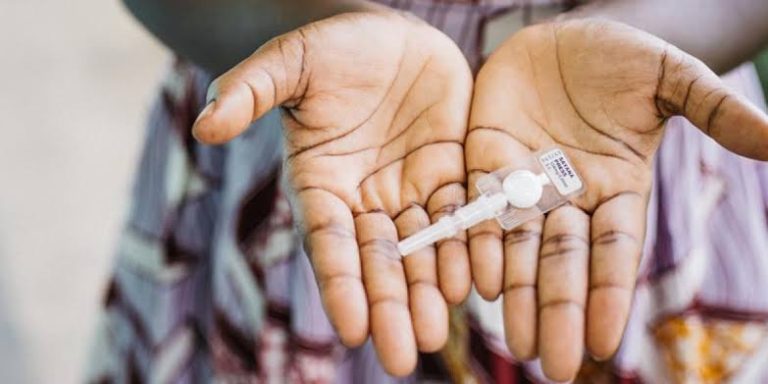Nigeria is facing a significant setback in its family planning efforts as the country struggles to meet its commitment to fund family planning commodities by the end of August 2024, jeopardising its goal of achieving a 27% Modern Contraceptive Prevalence Rate (MCPR) by 2030.
A UNFPA Programme Associate, Adegbotolu Oladipo, highlighted these challenges while presenting an overview of the National Basket Fund and the State-Based Financing Tracker at a three-day technical workshop on family planning services in Jos, Plateau State.
The workshop was organised by the Bauchi State Ministry of Health and the State Primary Health Care Development Board with support from UNFPA.
Oladipo revealed that Nigeria has not disbursed funds for the procurement of family planning commodities through the National Basket Fund for four consecutive years, despite committing to an annual contribution of $4 million.
“In 2022-2023, Nigeria did not benefit from the UNFPA Supplies Partnership matching fund of approximately $1.5 million annually and is on the verge of missing the 2024 matching fund of $2 million,” Oladipo said.
For 2024, Nigeria also did not receive the second tranche of commodities worth $6 million from the UNFPA partnership fund, valued at $347.7 million.
He warned that there is a risk of losing the third tranche approval if Nigeria does not fulfill its commitment by the end of August 2024.
Oladipo added that Nigeria’s total commitment to family planning in 2024 is projected to be $40.8 million, of which UNFPA committed $8.7 million and has already allocated $10.1 million.
However, there remains a funding gap of $24 million, contributing to the stockout of family planning commodities.
The impact of this funding gap, he noted, could lead to over 800,000 unintended pregnancies, 10,280 maternal deaths, and around 340 unsafe abortions.
Oladipo urged the Bauchi State government to allocate funds for the procurement of family planning commodities, citing examples from states like Lagos, Ogun, Delta, and more recently, Adamawa and Rivers, which have made similar commitments.
He noted that the average cost of family planning commodities per woman is $3.20, and the return on each dollar invested is $69.30.
The Bauchi State Commissioner for Health, Dr. Adamu Sambo, represented by the Director of Medical Services, Dr. Suleiman Abubakar, emphasised that the financing tracker would help the government monitor the allocation and utilisation of funds.
The Executive Chairman of the State Primary Health Care Development Board, Dr. Rilwanu Mohammed, stressed the importance of unbundling funding sources among health-related Ministries, Departments, and Agencies (MDAs).
Before concluding the workshop, participants developed a state-based financing tracker and mapped out strategies for its dissemination to improve transparency and accountability in family planning financing.
By Lizzy Carr


